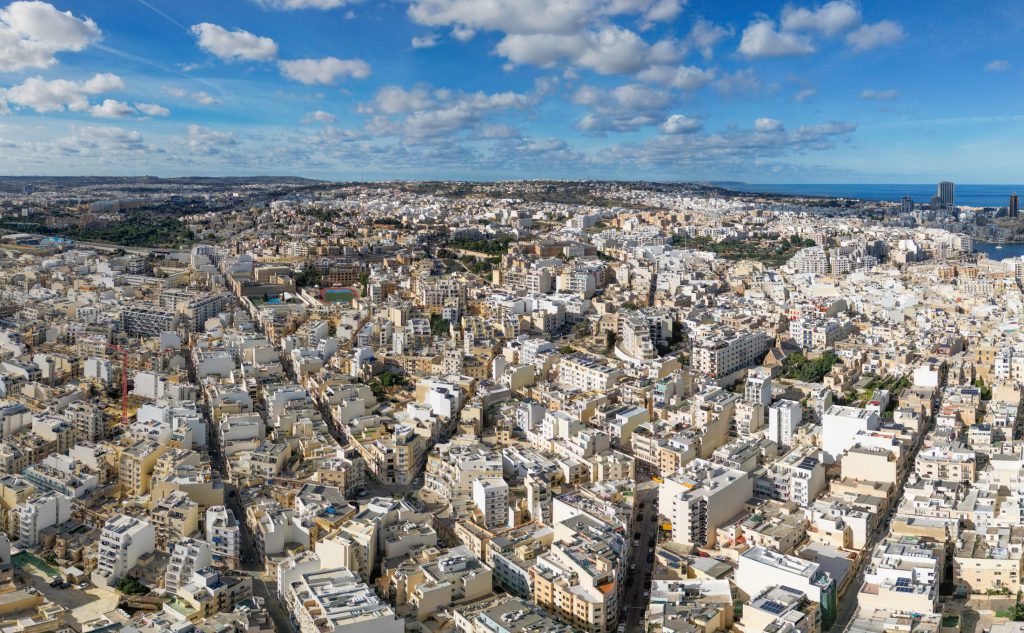Pragmatism not prejudice

A recent survey has shed light on a growing concern among the Maltese population: the rapid increase in foreign workers. For years, those voicing these concerns were often dismissed as xenophobic, but this simplistic labelling no longer holds water. While it is imperative to denounce any discrimination based on the belief that foreigners have no right to work in Malta or should be treated as second-class citizens, the situation demands a more nuanced discussion.
In a small island nation with one of the highest population densities in the world, the consequences of a sudden influx of people can be profound. Over the past decade, Malta has witnessed a dramatic rise in foreign workers, from 20,000 to over 100,000. This transformation has significantly impacted the labour market and quality of life. Unfortunately, discussions on the subject have often been polarized, split between those who want Malta free of foreign workers and those advocating for an even greater influx.
We believe both views are shortsighted. Take the healthcare sector as an example: foreign workers have been essential in addressing short-term staffing shortages, but they should not be the long-term solution. What has led Maltese workers to increasingly turn away from healthcare roles? Why are so many Maltese professionals seeking opportunities abroad? These questions warrant deeper analysis.
Similarly, sectors like tourism, construction, manufacturing, and even the platform economy are becoming increasingly reliant on foreign labour. Is it truly the case that Maltese workers are no longer interested in these industries, or have working conditions degraded to the point where these jobs are simply no longer appealing? Have we, as a society, become dependent on cheaper foreign labour, potentially driving down wages and job quality?
The issue of overpopulation further complicates matters. As infrastructure strains under the weight of Malta’s growing population, quality of life suffers. While some Maltese have profited by renting properties to foreign workers, most are struggling to afford even their first home, let alone a second one. The notion that the majority of Maltese are hypocritically benefiting from this situation is misguided and misses the broader socioeconomic reality.
The time has come for an honest, analytical approach to this issue. Yes, we must reject any form of racism or xenophobia in this debate, but we also cannot allow it to become a taboo topic. Malta’s current trajectory is unsustainable, but change cannot happen overnight. A gradual, measured approach is needed, one that prioritizes quality over quantity in job creation. We must incentivize Maltese workers to return to key sectors while ensuring that wages and working conditions make these industries appealing once again.
Malta’s future should not rest on extremes. Instead, it requires pragmatic solutions that recognize the value foreign workers bring while addressing the legitimate concerns of overpopulation, infrastructure, and the erosion of Maltese labour participation. Let us shift this debate from one of division to one of constructive, long-term solutions.
